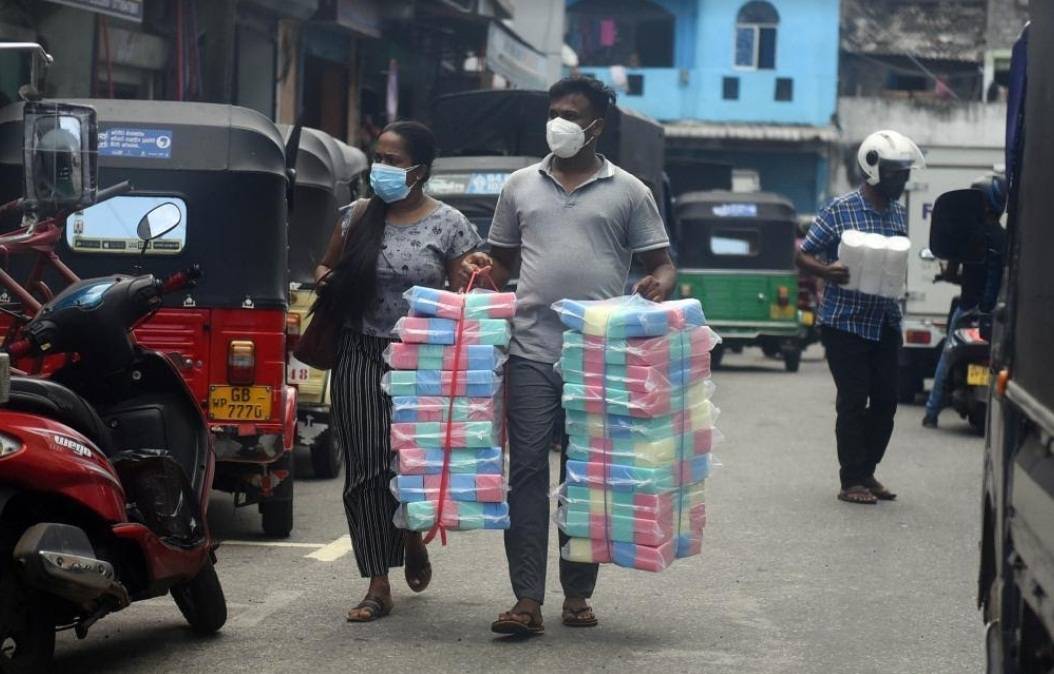The higher inflation for the month of February 2022 was mainly due to the higher price levels in both food and non-food categories…reports Asian Lite News
Sri Lanka’s Department of Census and Statistics announced that the overall rate of inflation for February 2022, as measured by National Consumer Price Index (NCPI) on year-on-year basis, stood at 17.5 per cent, the highest since 2015.
The NCPI has weights based on consumer spending in the 2012/13 Household Income and Expenditure Survey and reflects new methods consistent with the best international practices, reports Xinhua news agency.
Inflation calculated for January 2022 was 16.8 per cent.
The higher inflation for the month of February 2022 was mainly due to the higher price levels in both food and non-food categories.
The year-on-year inflation of the food category increased to 24.7 per cent in February 2022 from 24.4 per cent in January 2022, and that of the non-food group rose to 11 per cent in February 2022 from 10.2 per cent in the previous month.

Meanwhile, battered by “worst-ever” financial crisis since independence, Sri Lanka’s President Gotabaya Rajapaksa has talked to the international financial institutions including the International Monetary Fund (IMF) and other countries on loan repayment.
In a special address to the nation on Wednesday night, President Rajapaksa said that talks have been started with IMF to find a way to pay off annual loan instalments and sovereign bonds.
“Subsequent to my discussions with the IMF, I have decided to work with them after examining the advantages and disadvantages,” the President said in the address which was telecast on all television stations in the country. Going to the IMF was a complete reversal from his government’s earlier stance.
In his speech President Rajapaksa vowed to take “tough” decisions to solve the inconveniences faced by people and said that a National Economic Council and an Advisory Committee have been appointed find ways to overcome the financial crisis.
South Asian island-nation’s debt ridden economy suffers with a severe food, fuel, power, transportation and medicine shortages with long queues at fuel stations, gas stations and hours of daily power cuts.

Leave a Reply